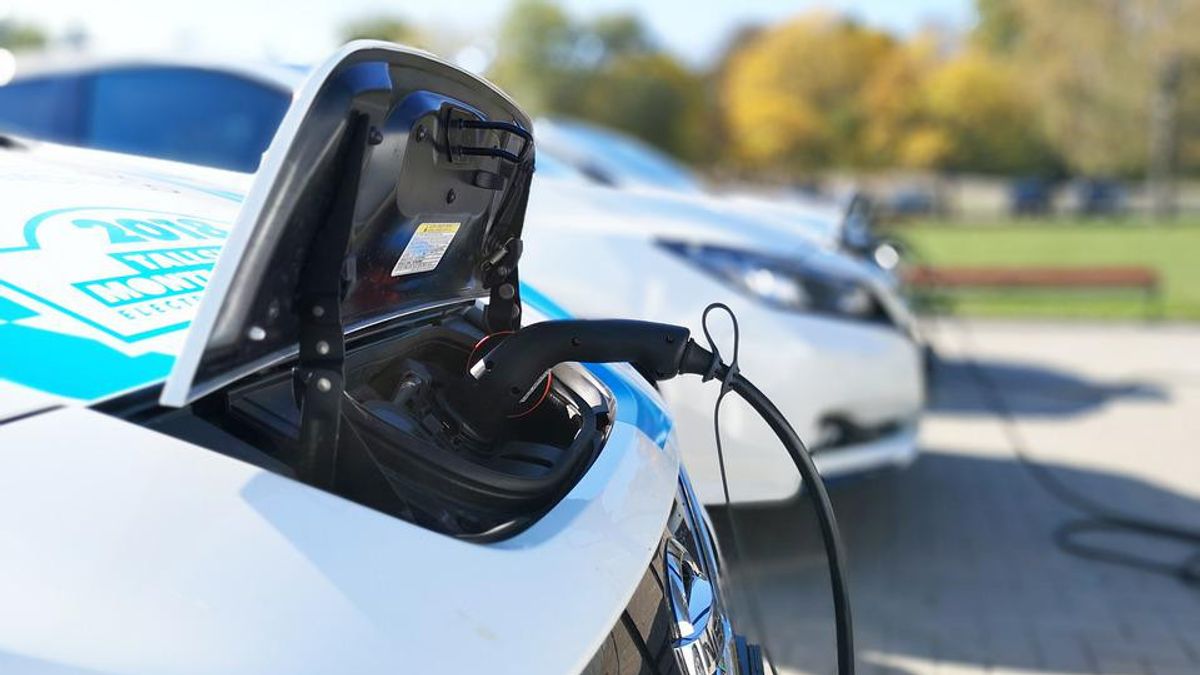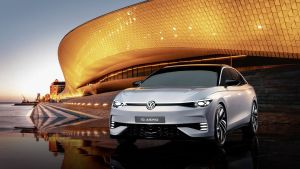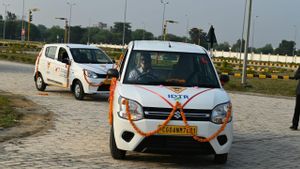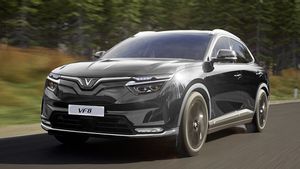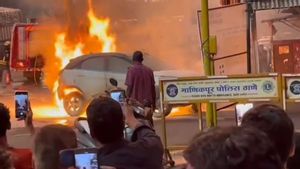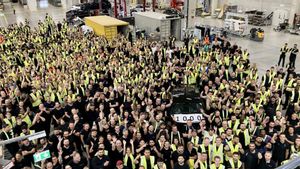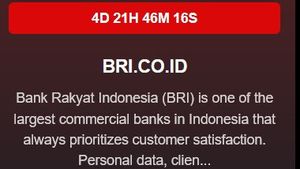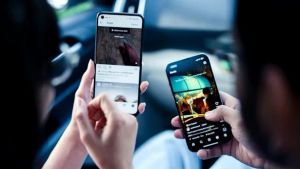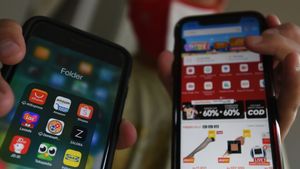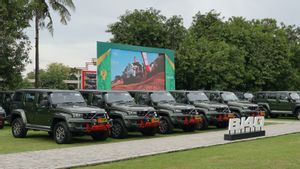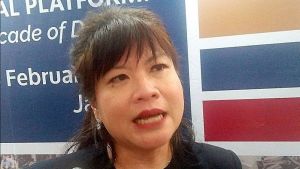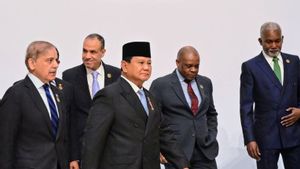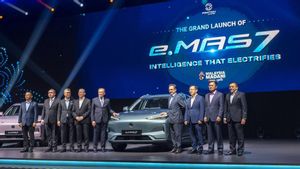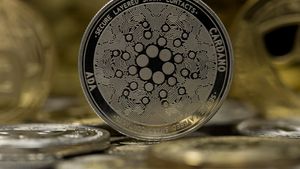JAKARTA - The US government announced on Tuesday, June 28 that several companies are planning to invest more than USD 700 million (IDR 10.3 trillion) to increase US manufacturing capacity for electric vehicle (EV) chargers.
This investment is expected to be able to add at least 2.000 new jobs and make electric charging for vehicles more accessible and affordable for people in Uncle Sam's country.
The investments include USD 450 million (IDR 6.6 trillion) allocated by Volkswagen's unit, Electrify America, and more than USD 250 million (IDR 3.7 trillion) by Siemens to expand its EV charger factory, in Grand Prairie, Texas, and Ponoma, California.
The investment will help increase US manufacturing capacity for EV chargers to more than 250.000 per year. The White House, however, did not provide exact figures for current production capacity.
Last August, US President Joe Biden, reported by Reuters, set a non-binding target of making half of all new vehicles sold by 2030 be electric, fuel cell or plug-in hybrids.
As part of that project, Biden wants to see the US EV charger network grow to 500.000 by 2030, up from about 100.000 currently available.
VOIR éGALEMENT:
Investments by private companies follow the more than USD 7.5 billion (IDR 111.2 trillion) subsidy rule laid down in last year's bipartisan infrastructure law.
"This target set by Biden and subsidies by the US government have helped spur private investment," White House deputy national climate adviser Ali Zaidi told reporters Monday, June 27.
"That means electric chargers don't come from overseas (and) they're a source of opportunity in communities across the country," he said in an announcement on a US report that showed employment in the energy business rose 4% late last year. The rise was fueled by employment. in carbon cutting vehicles.
The US public charging network for EVs is now getting stronger, but significant differences in reliability and performance remain between providers.
The English, Chinese, Japanese, Arabic, and French versions are automatically generated by the AI. So there may still be inaccuracies in translating, please always see Indonesian as our main language. (system supported by DigitalSiber.id)
